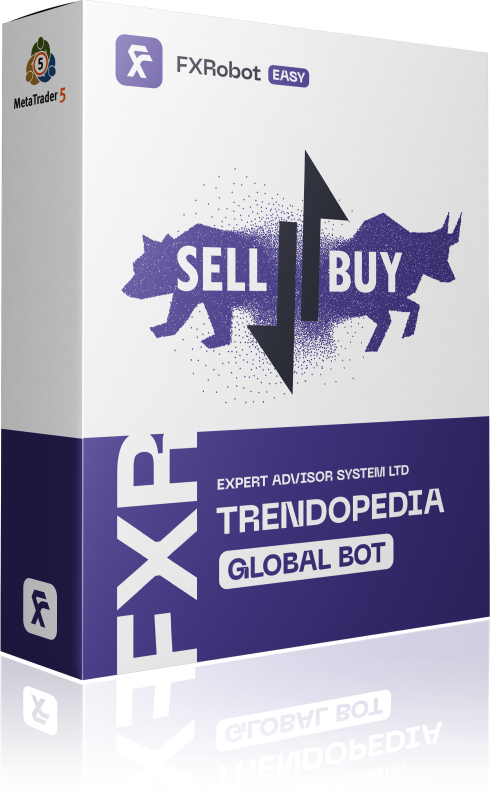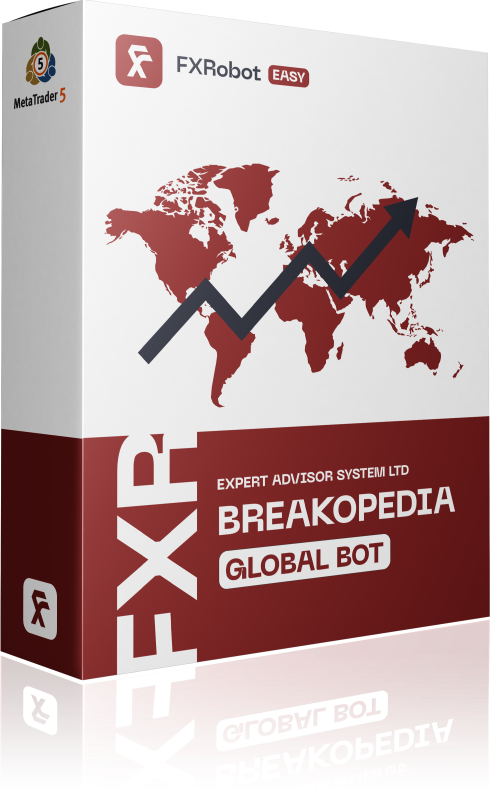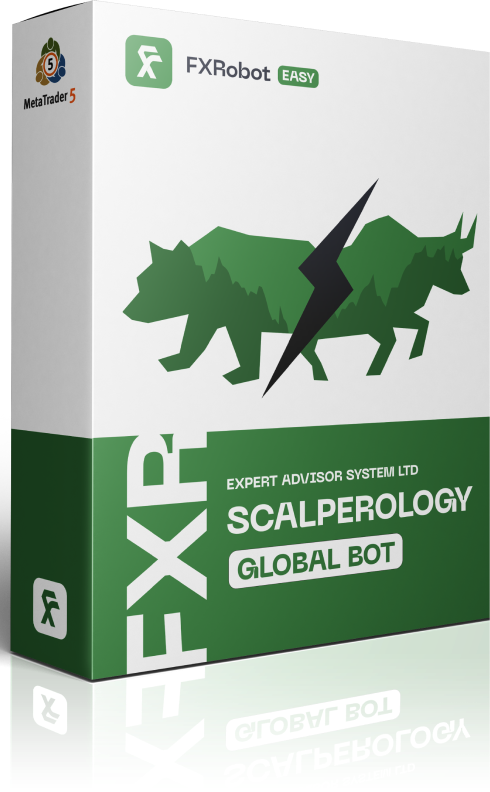At this time, purchasing EASY Bot items is not available to all members. Read more - how to get access to purchase
FAQ
The modern era’s trading systems unravel the computational abilities of quantum mechanics and artificial intelligence. At the heart of these advancements sits the EASY Quantum AI, a system that transforms raw data into reliable market forecasts. But what journey does this data take within the quantum world? This article highlights the principles and algorithms of the Quantum AI learning model, offering a glimpse into the innovative realm where EASY Quantum AI furthers trading techniques.
Quantum Mechanics and Quantum AI
Quantum AI transcends the capabilities of classical computers by utilizing quantum bits (qubits) that can exist in multiple states, unlike classical bits that are either 0 or 1. This superposition allows quantum computers, and as a result, EASY Quantum AI, to process vast, complex datasets expeditiously. The quantum computer’s ability to make simultaneous calculations and tackle multiple processes is what gives EASY Quantum AI its advantage over conventional algorithms.
Q-Learning in Quantum AI
A significant quantum algorithm utilized in EASY Quantum AI is Q-Learning—an off-policy reinforcement learning algorithm. Named for its function to calculate the ‘quality’ of an action in a given state, Q-Learning drives the AI to learn the optimal policy that guides it to the most rewarding path. This path corresponds to the most profitable trading strategy in EASY Quantum AI’s context.
The reinforcement learning aspect helps EASY Quantum AI understand which market trends and actions lead to maximum rewards in real-time trading scenarios, thus incrementally improving its market predictions. As market trends shift, the AI adapts, ensuring the Q-Learning model is continuously updated to provide the best course of action.
Quantum Gates and Quantum Circuits
Quantum gates and circuits form the building blocks of quantum computations. Fundamental operations, such as flipping states, altering phase, and controlled operations, are performed using specific quantum gates. These processes allow for entanglement and interference, two critical quantum principles, further pushing EASY Quantum AI’s computational boundaries.
By correct manipulation of quantum gates and circuits, the quantum machine can explore a vast space of potential solutions to a problem simultaneously, providing the differential advantage in generating accurate market predictions.
Why Use Quantum Algorithms?
The primary reason for leveraging quantum algorithms like Q-Learning in EASY Quantum AI is their inherent efficiency. They bypass the time-expensive procedure of evaluating every possibility sequentially, making them perfect for extensive trading data.
Moreover, their capacity for dynamic learning makes them adaptable to market volatility. This adaptability is vital to consider external influences and digital economic perturbations, thereby ensuring comprehensive and reliable market forecasting.
The magic of EASY Quantum AI lies in its potent blend of quantum mechanics and AI principles. By leveraging these principles and following specific quantum algorithms, it opens up a revolutionary path to predictive accuracy in trading forecasts. Understanding these foundations gives traders insight into the system’s predictions, resulting in informed trading decisions through revolutionary quantum technology. Trading, as we know it, is experiencing a quantum leap with EASY Quantum AI.









